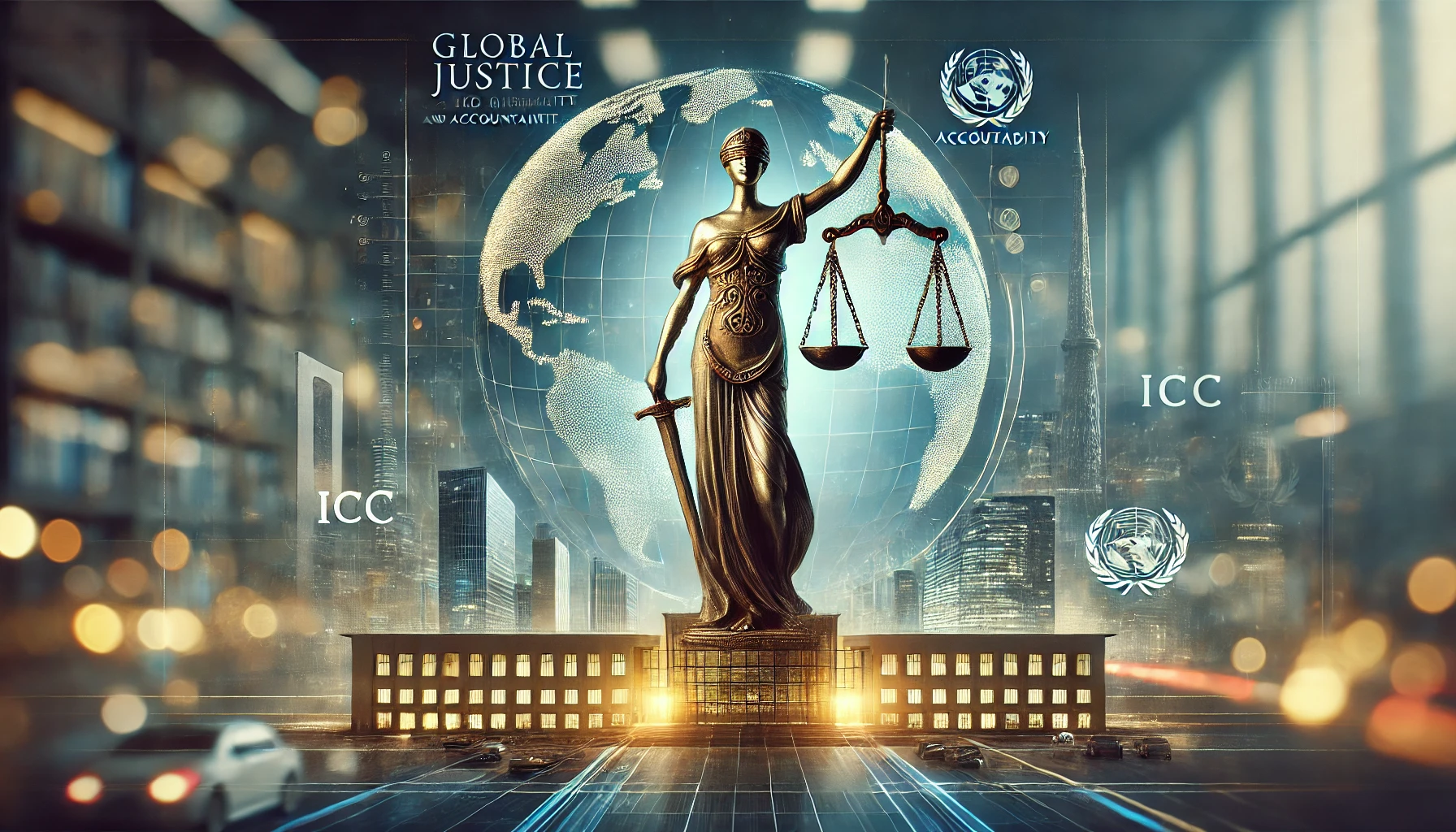International Criminal Court Arrest Warrants for Netanyahu, Gallant, and Hamas Commander: A Neoliberal Analysis with Skeptical Idealism
Global Justice in Action?
The International Criminal Court’s (ICC) recent arrest warrants for Israeli Prime Minister Benjamin Netanyahu, former Defense Minister Yoav Gallant, and Hamas commander Mohammed Deif have sparked heated debate. These warrants, issued for alleged war crimes during the ongoing Israel-Hamas conflict, highlight the ICC’s role in international justice. But how do we analyze this from a neoliberal perspective and a lens of skeptical idealism?
This analysis explores the implications of the ICC’s actions for global governance, accountability, and justice while questioning why it took so long for this institution to act decisively.
Neoliberal Perspective: Justice Through Global Institutions
Neoliberalism underscores the importance of international institutions like the ICC in fostering cooperation, accountability, and stability. From this lens, the arrest warrants reflect:
- Strengthening Global Governance
The ICC’s actions reinforce the global justice system’s commitment to addressing alleged war crimes and crimes against humanity. By targeting both state (Israel) and non-state actors (Hamas), the court demonstrates impartiality—a key tenet for maintaining international peace. - Accountability Across Borders
Despite Israel’s rejection of the ICC’s jurisdiction, the court’s decision sends a clear message: no actor is above international law. For ICC member states, this raises questions about enforcing these warrants, especially given past failures to arrest high-profile leaders like Vladimir Putin. - Economic and Diplomatic Ramifications
Neoliberalism acknowledges the ripple effects of such decisions. The warrants may complicate Israel’s relations with ICC member states, potentially affecting trade, diplomacy, and alliances. Meanwhile, Hamas’ framing of the decision as an “important historical precedent” could influence narratives in occupied territories and beyond.
Skeptical Idealism: What Took So Long?
While idealists might celebrate this as a win for international justice, skeptical idealists ask a tougher question: why now?
- The Delayed Mechanism of Justice
In theory, the ICC exists to act swiftly when domestic courts cannot or will not prosecute serious international crimes. However, the court’s slow action raises doubts about its efficacy. The Israel-Hamas conflict has been ongoing for decades (and the current armed conflict for more than a year), so why did it take until now, mid November 2024, to issue these warrants? Skeptical idealists argue that the delay undermines the ICC’s credibility and exposes it to accusations of politicization. - Sanctions, But With Words
Arrest warrants function similarly to economic sanctions: they aim to restrict movement, isolate individuals, and signal international disapproval. But as with sanctions, timing is crucial. Issuing warrants long after violations have occurred diminishes their deterrent effect. This delay gives powerful actors like Netanyahu time to consolidate support, making enforcement nearly impossible. - Symbolism Over Substance
For many Palestinians, the ICC’s move offers symbolic justice. However, skeptical idealists question whether these warrants will translate into meaningful accountability or relief for victims. Without enforcement by ICC member states, the warrants risk being empty gestures, highlighting the gap between justice in theory and practice.
The Road Ahead: Neoliberal Hope Meets Skepticism
From a Neoliberal perspective, the ICC’s action reinforces the idea that global institutions can address even the most entrenched conflicts. However, skeptical idealism tempers this optimism, reminding us that justice delayed is often justice denied. For the ICC to maintain credibility, it must act swiftly, enforce decisions effectively, and avoid the appearance of selective justice.
A Moment of Accountability or Empty Symbolism?
The ICC arrest warrants for Netanyahu, Gallant, and Deif mark a significant moment in international relations. While neoliberal ideals celebrate this as a step toward accountability, skeptical idealism reminds us of the institution’s flaws. The world now watches to see whether the ICC’s actions will lead to real justice or remain a symbolic gesture in the ongoing conflict.
References
- Gritten, D. (2024, 21 noviembre). ICC issues arrest warrants for Netanyahu, Gallant and Hamas commander. https://www.bbc.com/news/articles/cly2exvx944o
- Whyte, A. (2012, 11 junio). Neorealism and neoliberal institutionalism: born of the same approach? E-International Relations. https://www.e-ir.info/2012/06/11/neorealism-and-neoliberal-institutionalism-born-of-the-same-approach/
- ChatGPT. (n.d.). OpenAI. https://chat.openai.com/#









No responses yet